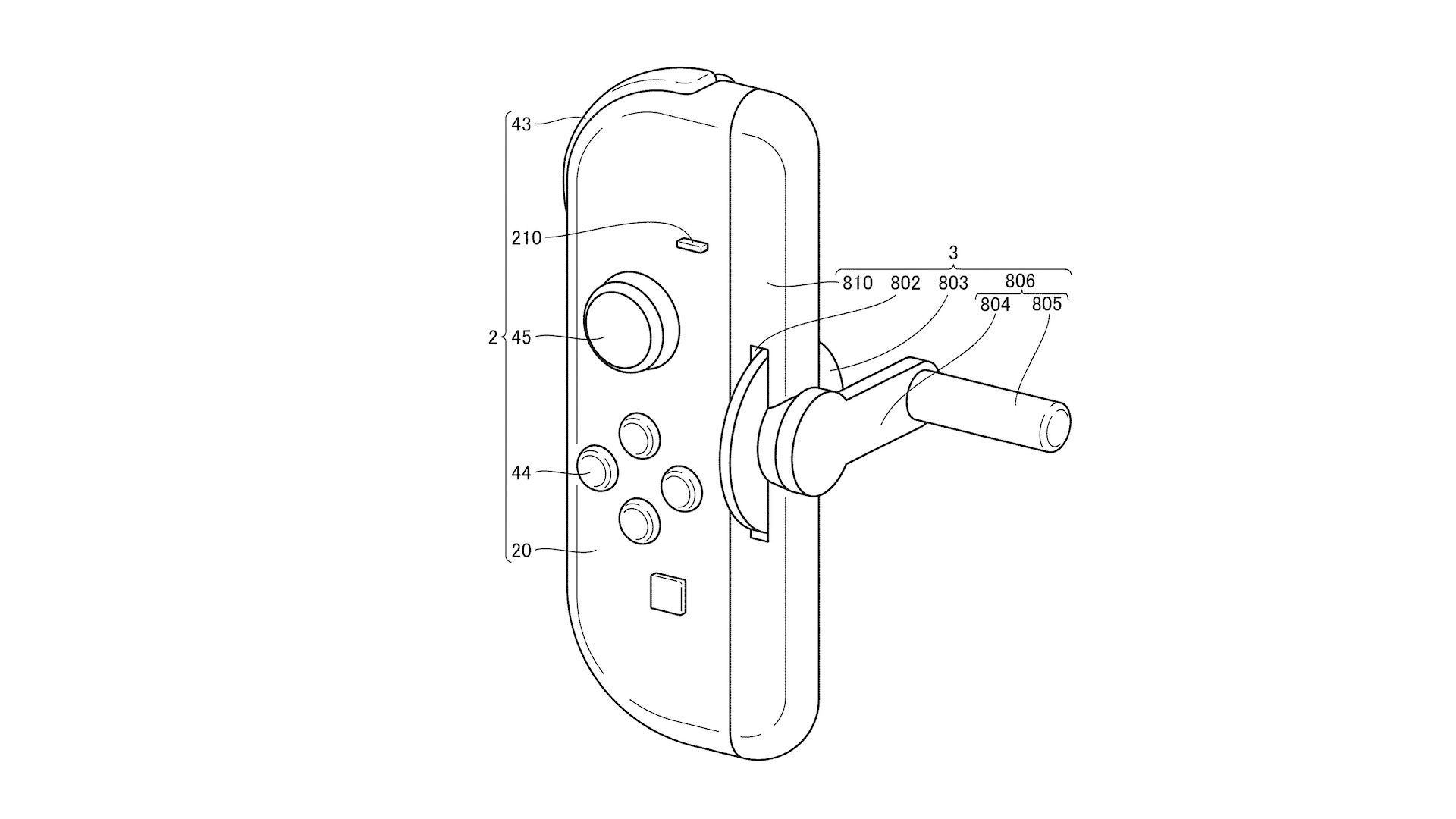Université de Montréal’s campus. Each province or territory administers its own disability verification and grant programs linked to student aid systems.Ryan Remiorz/The Canadian Press
Fortunately, support systems exist across Canada to help students with disabilities have equitable access to education. Every province and territory offers non-repayable grants and funding to assist with learning needs, such as assistive technology or assessment costs.
A key requirement to access many financial supports is eligibility for a government-issued student loan. Even if students don’t intend to borrow money, applying for a student loan unlocks access to disability grants and services. Without this step, students risk missing vital financial aid.
Each province or territory administers its own disability verification and grant programs linked to student aid systems.
If you would like to apply for these, here is a quick primer to help get you started.
Think your child will need academic accommodations at postsecondary school? Start planning now
What you need to apply
Most disability support programs require:
- Proof of enrolment at a recognized postsecondary institution
- Current medical or psychological documentation with diagnosis and impact
- A list of needed accommodations, services or equipment
- An accessibility plan or support letter from the institution’s disability office (if applicable)
Dalhousie University’s campus in Halifax. Eligibility for a government-issued student loan is a key requirement to access many financial supports.Andrew Vaughan/The Canadian Press
How to apply
Each province or territory has its own process, and grant amounts are subject to change, but here is a snapshot:
- British Columbia: Students submit Appendix 8 with StudentAid BC. Grants include disability funding up to $2,000/year, plus $2,360 in provincial grants, up to $18,000 for services/equipment, and assessment reimbursement. More info: studentaidbc.ca
- Alberta: Submit Schedule 4 with student loan application. Grants include disability funding up to $2,800/year, plus $3,000 provincial grant, up to $20,000 for services/equipment, and assessment reimbursement. More info: studentaid.alberta.ca
- Saskatchewan: Work with the postsecondary institution’s disability office. Grants include disability funding up to $2,800/year, plus $2,000 in provincial grants and up to $20,000 for services/equipment. More info: saskatchewan.ca
- Manitoba: Verification via the Manitoba Student Aid portal. Grants include disability funding up to $2,800/year and up to $20,000 for services/equipment. More info: edu.gov.mb.ca
- Ontario: Use OSAP Disability Verification Form to apply. Grants include disability funding up to $2,800/year and up to $20,000 for services/equipment. More info: osap.gov.on.ca
- Quebec: Students are encouraged to contact the Quebec Association for Equity and Inclusion in Postsecondary Education (more info: https://aqeips.org). Students can apply federally for disability grants up to $2,800/year and $20,000 for equipment/services. More info: afe.gouv.qc.ca
- Newfoundland & Labrador: Students apply for grants up to $20,000/year through the Newfoundland and Labrador Integrated Student Financial Assistance Program. More info: gov.nl.ca/education/studentaid/
- New Brunswick: Coordinated through the institution and province. Grants include disability funding up to $2,800/year and up to $20,000 for services/equipment. More info:https://disabilityawards.ca/government-of-new-brunswick/
- Prince Edward Island: Submit licensed practitioner documentation to Student Financial Services. Grants include disability funding up to $2,800/year and up to $20,000 for services/equipment. More info: princeedwardisland.ca/en/topic/student-loans-bursaries-grants-and-awards
- Nova Scotia: Coordinated through the institution and province. Grants include disability funding up to $2,800/year and up to $20,000 for services/equipment. More info: novascotia.ca/studentassistance/
- Yukon: Submit Schedule D with supporting docs. Grants include disability funding up to $2,800/year and up to $20,000 for services/equipment. More info: yukon.ca/en/education-and-schools/financial-support-for-students
- Northwest Territories: Submit Disability Assessment Form. Grants include disability funding up to $2,800/year and up to $20,000 for services/equipment. More info: ece.gov.nt.ca
- Nunavut: Students apply through the Financial Assistance for Nunavut Students (FANS) program. Federal and territorial financial assistance with grants up to $2,800/year disability grant and $20,000 for services/equipment. More info: gov.nu.ca
Why this matters
These programs do more than provide financial aid – they make education accessible. By reducing costs for assessments, devices and tailored supports, students can participate fully in academic life and thrive.
Families, educators and health professionals all play a role in helping students understand and apply for these programs. Accessing supports early increases the likelihood of academic success and a smooth transition to adulthood.
Dr. Jillian Roberts is a research professor of educational psychology at the University of Victoria. She is also a practicing registered psychologist in British Columbia, Alberta and the Northwest Territories. She specializes in child and adolescent development, family therapy and inclusive education.











